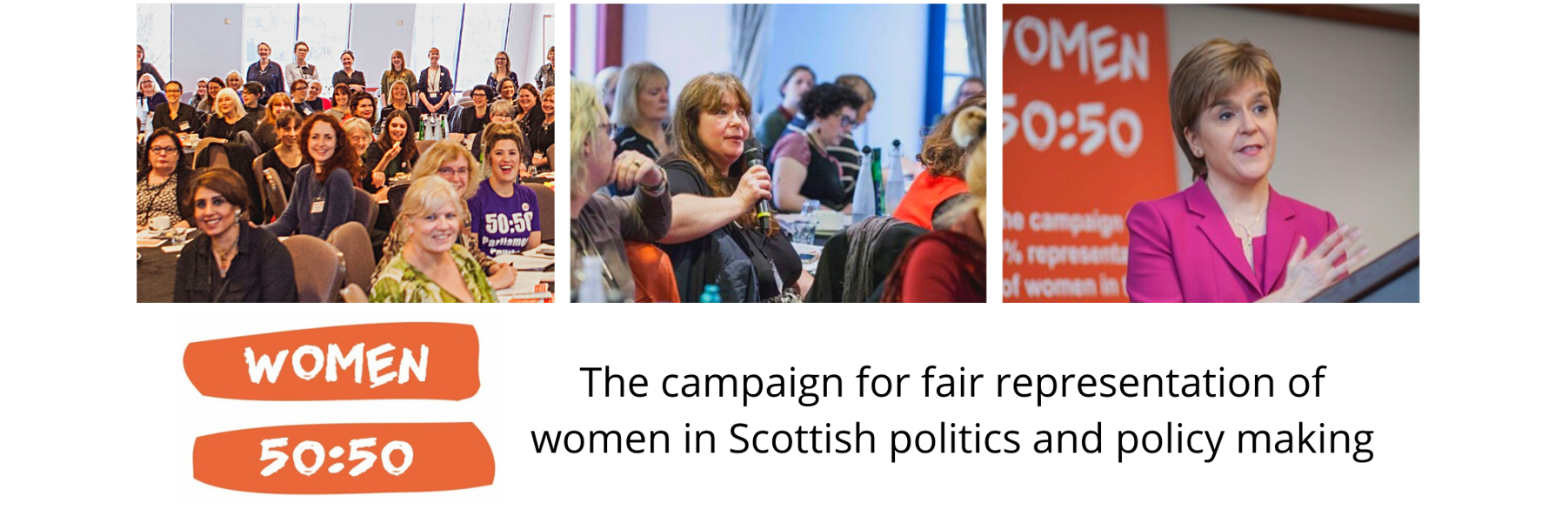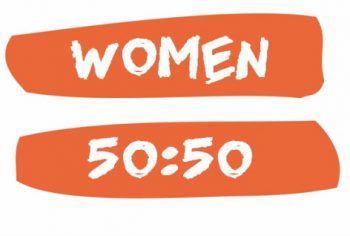A special blog from Jersusalem Barnabas from Shakti Women’s Aid:
A lot has changed since 19th century yet not significantly in terms of women’s voice and concerns being heard. Also in terms of recognition of women’s talents and skills ambitions and contributions.
While democracy (we are told), was ‘born in Europe’ (Greece), Women in Europe find themselves underrepresented in democratic platforms.
Despite the fact women have been eligible to vote for almost hundred years, since 1918, UK had only one female prime minster and the USA had none. Women’s number in UK parliament is increasing at every election nevertheless, only 191 women were elected as member of parliaments and this is the highest it has reached. It wasn’t even until the 1997 election, the number went to three digits; until 1992, there were only 60 women in parliament. Within the judiciary system, UK has only 21 percent of judges while Romania has 72 percent.
Not having any constitutional and legislative balance in our parliamentary and judiciary system is responsible for the lack of women in higher political and public domain.
If we see the European parliament, women’s representation has gone up from 16 percent in 1979, when there were only 9 member of states, to 37% in 2014 with 28 member of states. In comparison though, women hold 50 percent of African Union Parliamentary seats. Rwanda is said to have the world highest ratio of women in political domain 64 percent, followed by Bolivia, Cuba and the Seychelles. South Africa has 40 percent, Angola, Mozambique, Tanzania and Uganda 35 percent women in parliament whereas, in UK is 25 percent and United States 18 to 20 percent.
This shows that there is no correlation between democracy and economic prosperity. Even then, there is no visible reflection of those women who are from black and ethnic minority in UK Parliament. Women from minority ethnic community are underrepresented in all political parties in the UK.
It would bring a radical result to have more women in parliamentary, judiciary and other public institutions by using a quota system and positive action to tackle gender inequality.
That is why many African countries that have just emerged out of violence and war managed to have more women representation in such a short period because they use a quota system. For example, out of the five judges in the international Criminal Court (ICC) for Africa, four of them are female judges.
While in UK, Lord Sumpton, Supreme Court justice, said the reason why UK doesn’t have more female judges is because ‘women are unwilling to tolerate long hours and poor working conditions’. He also thinks gender balance will destroy the judiciary system. This is the kind of thinking women have to put up with while they are the one trapped in poor condition, long working hours and low paid jobs.
Women in Australia, North America and Europe are economically better off and are educated but there is no reflection of that education in political platforms. There is no constitutional or legislative mandate to break the patriarchal and male centred democratic setup to enable women to have a political or judiciary representation in public domain.
While the world moved in technological and industrial advancement. The thinking of women’s and racial equality are far behind from catching up with that advancement. It is about time something radical is done. The world has to come to terms that women are not going to turn backwards to centuries gone of being considered less than. Enough is enough!


